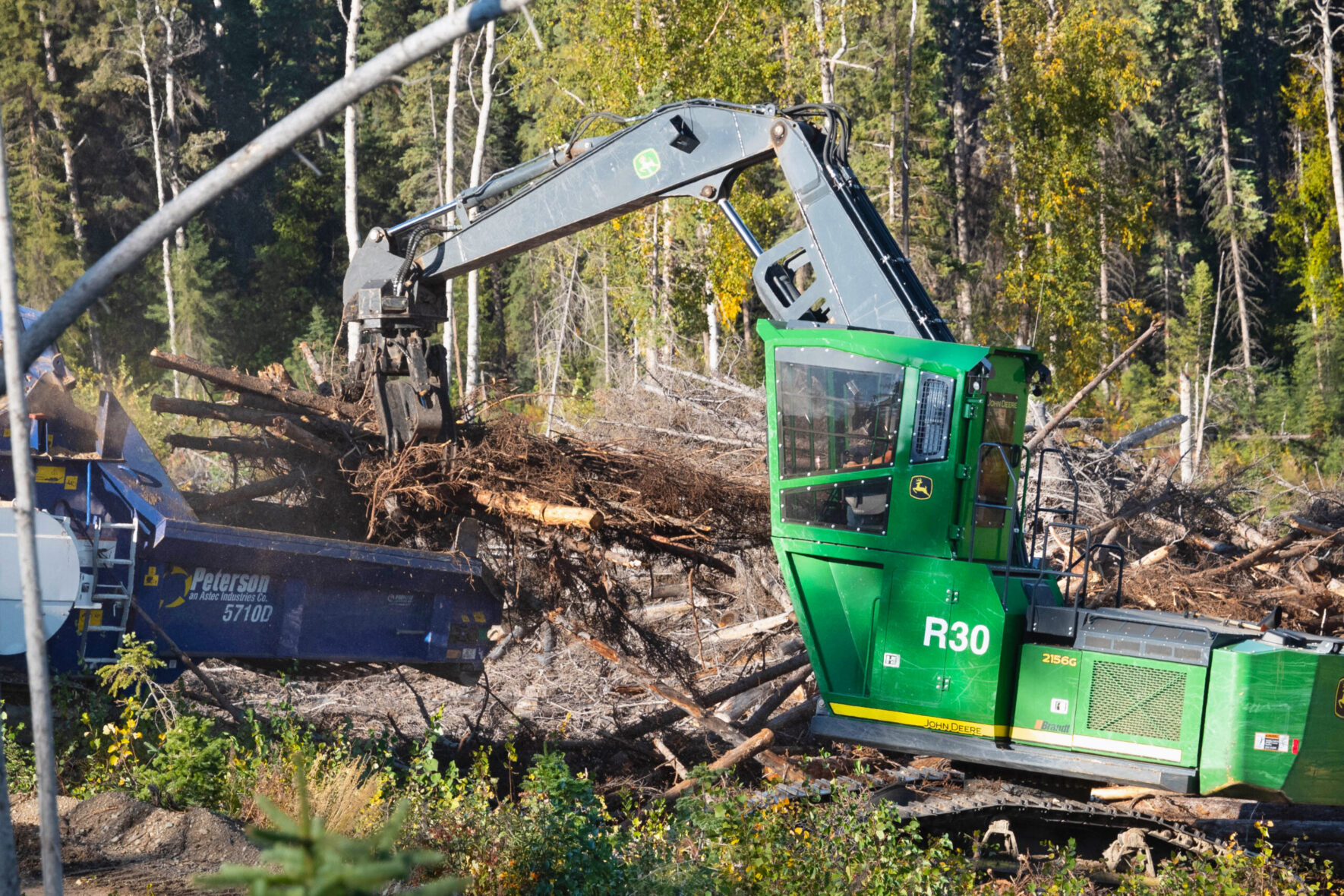The Wood Pellet Association of Canada (WPAC) is pleased with the UK government’s recently released Biomass Strategy 2023, which defines the government’s position on sourcing and using sustainable biomass, as it reaffirms the UK’s commitment to sustainable biomass. WPAC responded to the UK government’s call for evidence while developing the strategy.
The Strategy outlines the potential role biomass has in power, heating and transportation, for the short-, medium-, and long-term. This includes bioenergy with carbon capture and storage (BECCS), which is key for meeting net zero targets as it can provide large-scale carbon removal.
In the report, The Rt Hon Graham Stuart MP, Minister of State for Energy Security and Net Zero writes, “Biomass is already a key component of our energy supply, with bioenergy generating 11% of total electricity supply in 2022. But its future potential is extraordinary: it is a renewable source that can be used across all three energy sectors (transport; heat; and electricity), as well as non-energy sectors. It can deliver low carbon energy, displace fossil fuel use in materials, and produce negative emissions when combined with carbon capture and storage.”
For the short term (to 2030), the government will continue facilitating sustainable biomass deployment through various incentives and requirements covering power, heat and transport. For the mid-term (2030-2035), the UK Government intends to further develop biomass uses in power, heat and transport sectors, to transition, where possible, to biomass uses such as BECCS. And in the long term (to 2050), biomass for use in BECCS should be prioritized.
Sustainability Criteria
Canada’s regulatory framework—our approach to multi-stakeholder land use planning, joint-decision making with Indigenous communities and policies to address slash (harvest residuals) and low-grade logs rejected in the harvesting process by sawmills and pulp mills—as well as our commitment to third-party certifications, such as the Sustainable Biomass Program, the Forest Stewardship Council and the Programme for the Endorsement of Certification align with the UK’s mandatory stringent sustainable criteria.
Meeting the Demand
In the UK, 66 per cent of biomass used in renewable energy generation comes from domestic sources, the rest from international sources. Both are expected to support biomass use across the UK economy.
Canada is the second largest country supplier of wood pellets to the UK. Sixteen per cent of the 9.1 million tonnes of wood pellets imported into the UK in 2021 came from Canada. The US remains the largest at 60 per cent, EU countries (Latvia, Portugal, and Estonia) at 18 per cent, and the rest from Brazil and Russia. (source)
As the demand for biomass rises in the UK, Canada is well positioned with an untapped sustainable and renewable source of fibre in the tens of millions of cubic metres of slash (forest harvest residue) left in the forest every year due to economics. Government incentives, both domestically and internationally, can work together to incentivize the forest sector, including a growing number of Indigenous-led businesses, to bring this “slash” to market.
Canadian wood pellet producers look forward to working with its customers and partners to support the UK’s long-term environmental goals and renewable energy needs.
Gordon Murray is the executive director of the Wood Pellet Association of Canada.
This article was originally published by Canadian Biomass, a national media brand providing coverage of the emerging biomass, bioenergy and bio-products markets. See CanadianBiomassMagazine.ca for more information.

